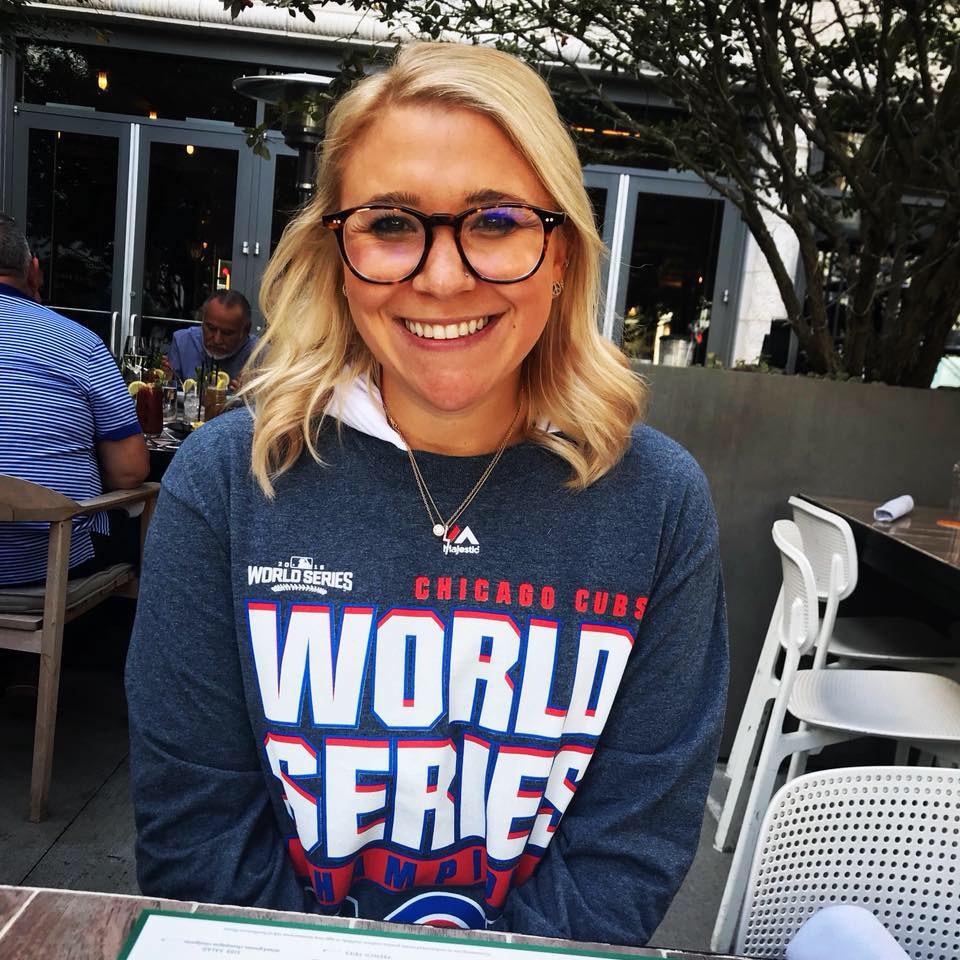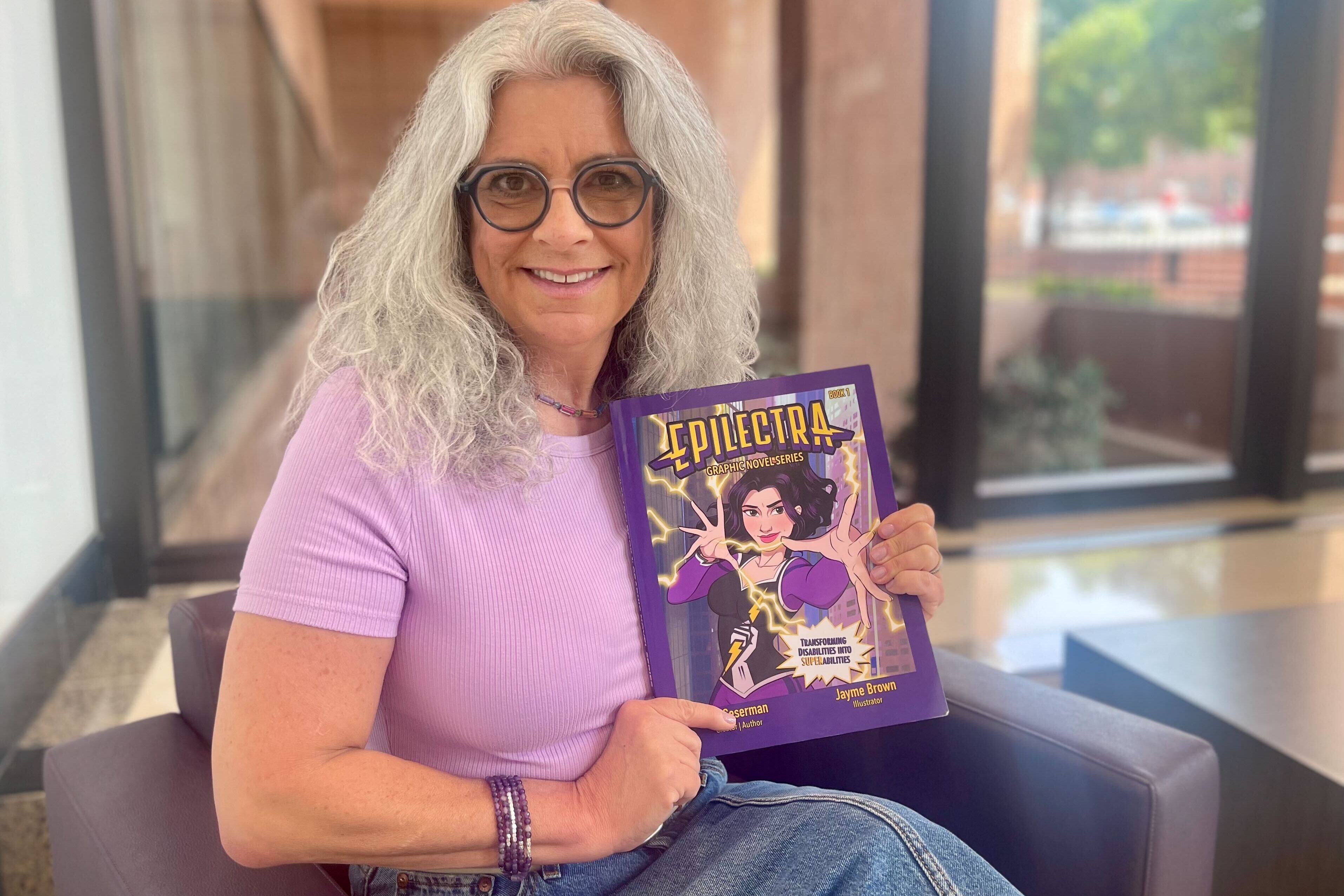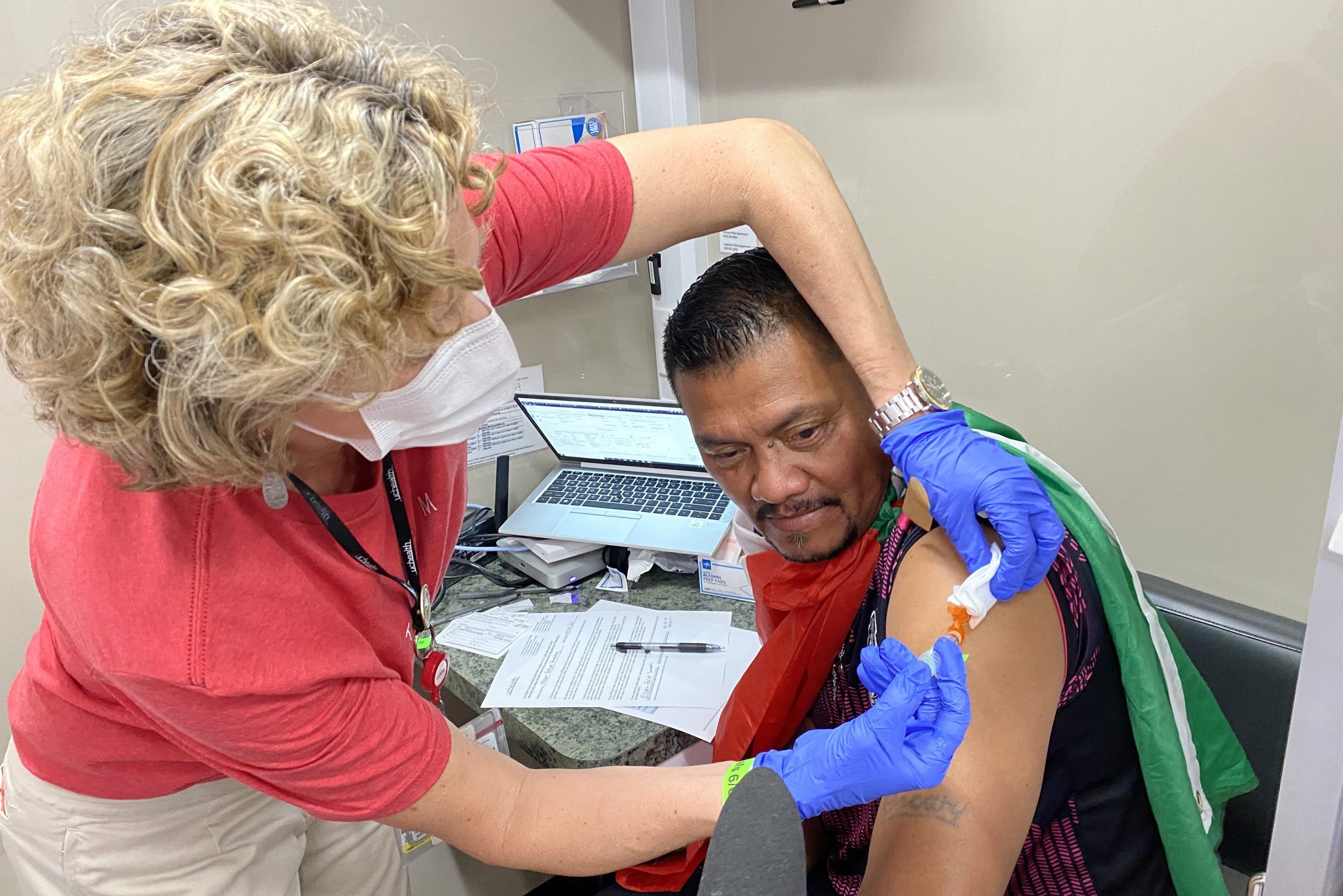
Updated June 19 at 12:26 p.m.
This week, the CDC declared the Delta COVID-19 variant a “variant of concern,” and state health leaders said they’ll be watching it more closely. The variant, first identified in India and first found in Colorado in Mesa County, has now been found in at least 17 counties across the state, including Denver.
Also this week — Mesa County’s vaccination rate remains low, Colorado continues to try to increase the vaccination rate among Latinos, and the third winner of the $1 million COVID vaccine drawing was announced.
Here’s a recap of where things are at.
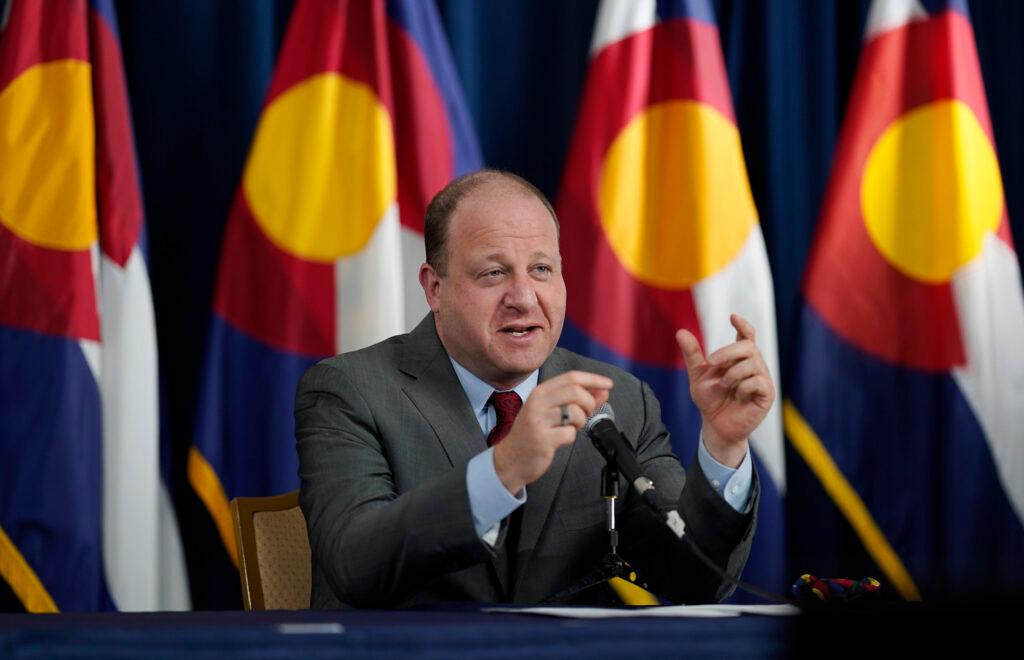
Colorado’s Third $1 Million Drawing And Second Scholarship Winners
Gov. Polis on Friday announced Pete Vegas of Boulder as the third $1 million winner of Colorado’s Comeback Cash Vaccine drawing.
Vegas said that he and his wife got their vaccines on the first day their age group (60+) was eligible, which would have been March 5.
Gov. Polis also announced the next five teen winners of the $50,000 scholarship. They are Sabine Manske (17) of Littleton, Hannah Blackman (17) of Golden, Levi T (13) of Boulder, Brady Roland (16) of Arvada, and Zen Ottensen (17) of Parker.
There will be two more $1 million drawings, and three more rounds of $50,000 scholarship drawings.
Quick resources on Colorado’s $1 million vaccine drawings:
- What to know about Colorado’s $1 million vaccine drawings
- Can’t find your vaccine record in the state’s vaccine database? You’re not alone
- What to check your vaccine drawing eligibility? There’s a hotline for that
- Colorado will give out 25 $50,000 scholarships to 12-17 year olds in Colorado who are vaccinated
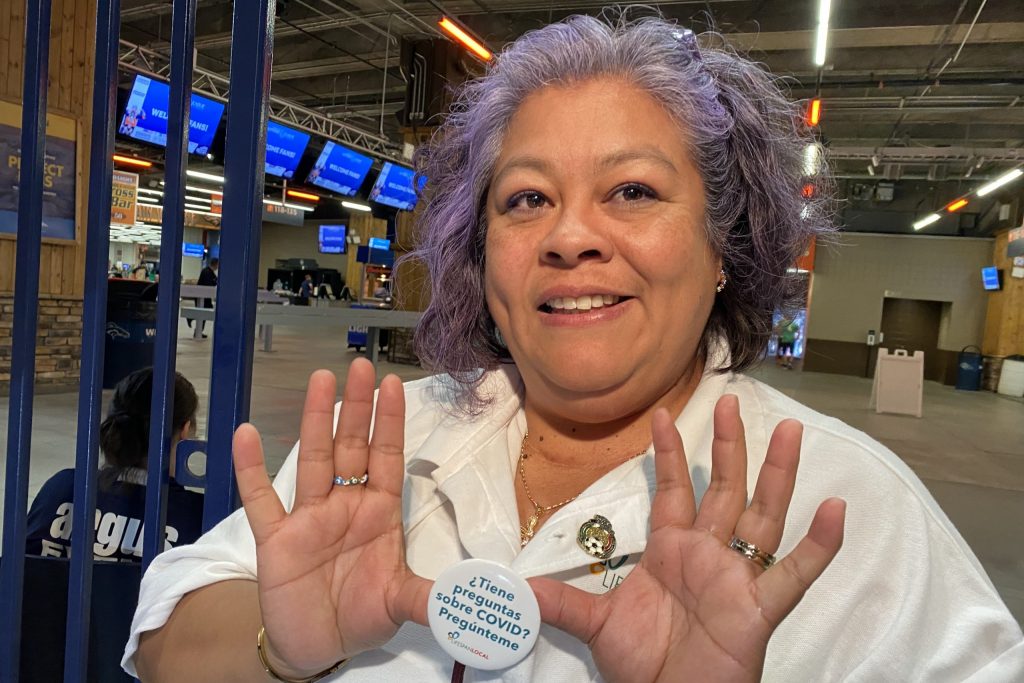
Vaccine Rates And Cases:
As of June 17, here’s where things stand:
- People in Colorado who have been fully immunized: 2,829,202
- Total Colorado population: 5,773,714
- Percent of people fully immunized: 49
Last week around this time, the percentage of people who had been vaccinated in the state was 47.
Currently, at least 12 counties — Boulder, Broomfield, Denver, Eagle, Gunnison, Jefferson, Mineral, Pitkin, Routt, San Miguel, San Juan, Summit — have more than 70 percent of their eligible populations vaccinated with at least one shot, according to county level data on Colorado's Department of Public Health and Environment website.
At the same time, 29 counties have fewer than 50 percent of their eligible populations vaccinated. On that list are two of Colorado’s largest counties — El Paso County, where 43.9 percent of eligible people have been vaccinated, and Mesa County, where the vaccination rate has stayed stagnant at about 40 percent. Pueblo, which does not report how many people have been fully vaccinated, says 51.9 of its eligible population has received at least one shot.
With just less than half the state’s population now fully immunized — 49 percent — the vaccination challenge cuts across all demographic groups: In Colorado, men are more hesitant than women, rural residents are more hesitant than those living in larger cities, and younger people are more hesitant than their elders.
One of the state’s most difficult groups to vaccinate has been the more than 20 percent of Coloradans who identify as Hispanic. Just about 10 percent of the state’s doses have gone to Hispanic residents, according to the state’s vaccination dashboard. CPR News health reporter John Daley spoke to attendees of the recent international CONCACAF Nations League tournament, who told him that hearing about trusted community members getting the vaccine makes a big difference.
“You know, it's not going to be Dr. (Anthony) Fauci saying something that someone translates in Spanish that you need to get vaccinated. There's going to be people in the community convincing others to get vaccinated,” said Dr. Fernando Holguin, a pulmonologist and critical care doctor at the Latino Research and Policy Center at the Colorado School of Public Health.
Black Coloradans also lag behind, but not as much as Hispanic residents. They make up about 4 percent of the state’s population but are a little less than 3 percent of those who have been vaccinated.
Starting Monday, June 21, state health officials will begin calling unvaccinated Coloradans directly with information about the vaccine and how to schedule appointments.
Quick resources on getting the COVID vaccine in Colorado:
- These locations across Colorado don’t require vaccine appointments
- Yes, your employer needs to give you paid time off for the COVID vaccine
- No, you do not need to show an ID to get the COVID vaccine
- The facts about getting COVID after you’ve been vaccinated
- What to know about COVID vaccine side effects
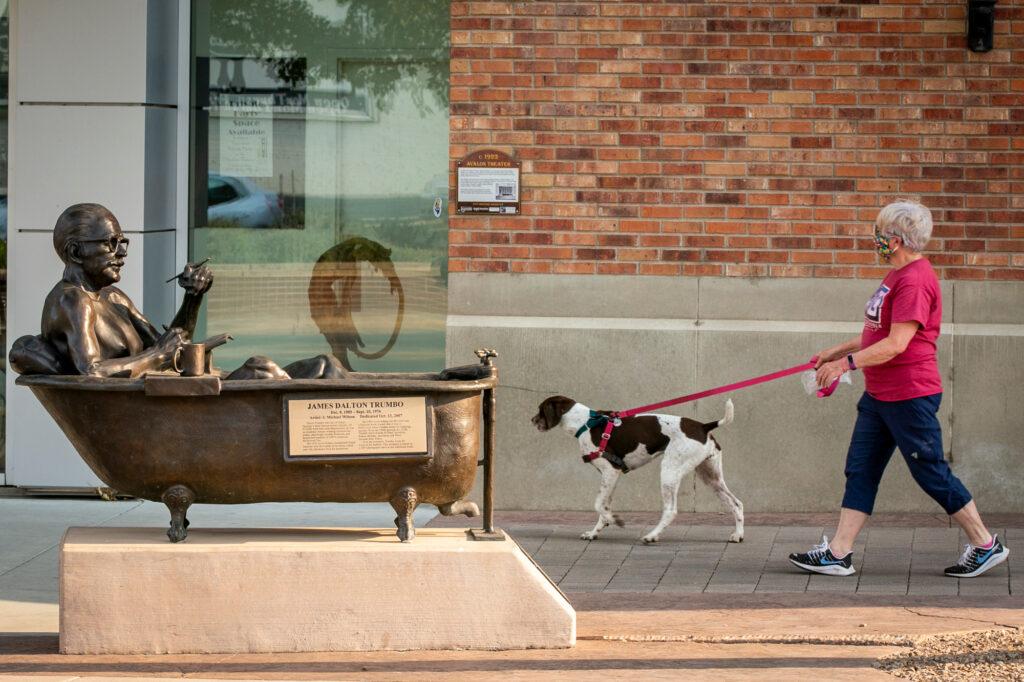
Why Is Mesa County’s Vaccination Rate So Low?
Last week, with a test positivity rate of 6.4 percent, Mesa County issued a public health alert warning residents of widespread transmission of the Delta variant, a highly contagious COVID-19 variant first discovered in India.
This week, Mesa County’s positive COVID case rate dropped to 5.7 percent, but the vaccination rate hasn’t budged.
Dr. Thomas Tobin, a doctor in Mesa County says convincing residents that the vaccine is safe and effective has been the biggest challenge. Residents point to everything from conspiracy theories circulating online, to the belief that the vaccine was developed too quickly, to the unfounded fear that vaccine side effects are worse than getting COVID.
Jeff Kuhr, the head of Mesa County Public Health, says the message about the vaccine is harder to get across since, for a period of time, the county was able to open up its economy faster than the rest of the state and maintain low levels of virus transmission.
“We wanted to solve it ourselves,” Kuhr said. “Well, we did very well with that. But now, we have that same attitude, but we’re in a completely different situation.”
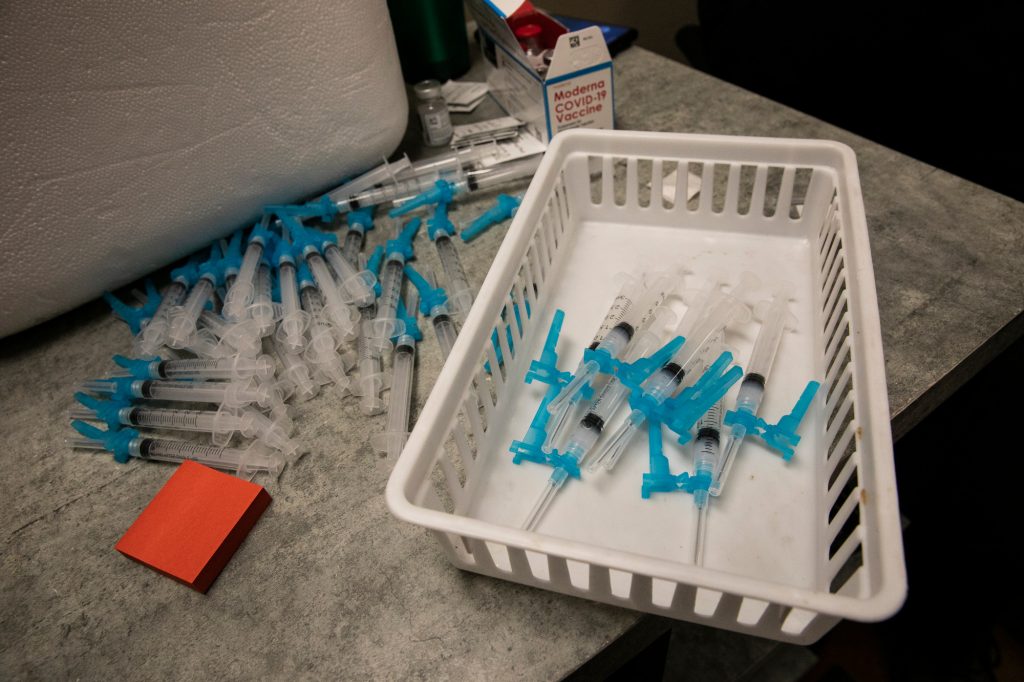
Delta Variant
On Tuesday the Centers for Disease Control and Prevention said the Delta variant, a highly contagious form of the virus that was first discovered in India, is now a “variant of concern” — that means it has shown increased transmissibility, can result in more severe symptoms or hospitalization, and is less likely to be affected by antibodies.
The best defense is vaccination. Studies have shown the Pfizer and Moderna vaccines are effective against the variant. The Johnson & Johnson vaccine also “appears to be effective,” according to a former Food and Drug Administration commissioner.
Within Colorado, the strain was first discovered in Mesa County, where it caused school outbreaks. The variant has now been identified in at least 17 counties, including Denver. The city and doctors say the spread can be slowed if more people get vaccinated.
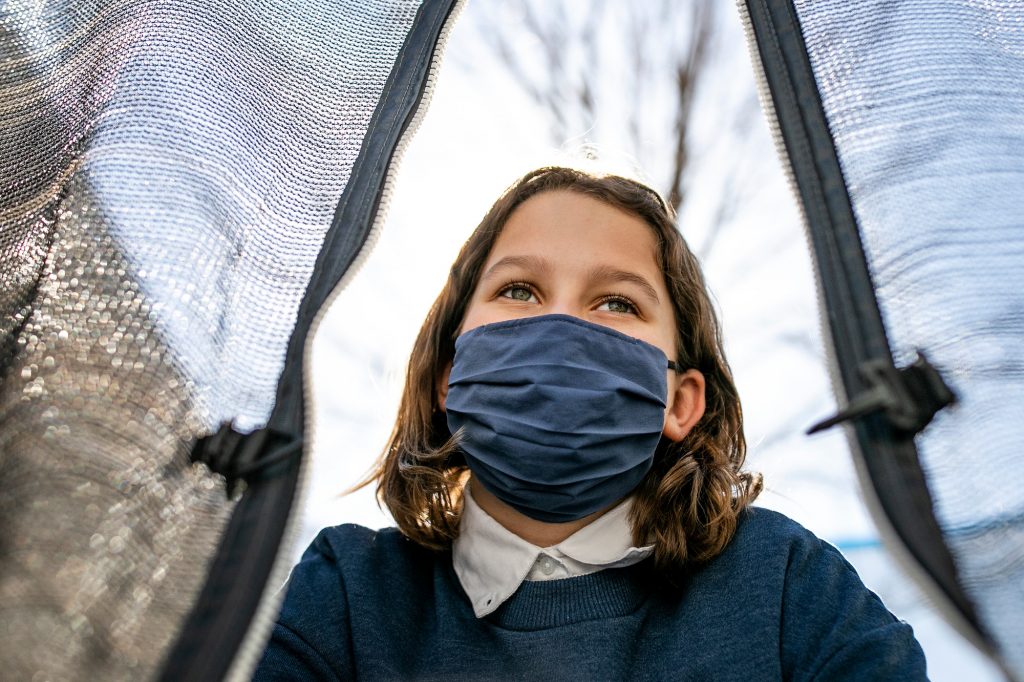
Kids’ Mental Health During COVID
When you hear the term “state of emergency,” you might think of natural disasters, but it’s also how some doctors in Colorado refer to the state of children's mental health. The crisis has been exacerbated by the pandemic. They say new public funding will help, but staffing is still the biggest issue.
Dr. David Brumbaugh, a pediatric gastroenterologist and chief medical officer at Children’s Hospital Colorado, said the state lacks beds for children in crisis and needs more support for kids who need in-home services or partial hospitalization, depending on the level of urgency. Thirty million dollars from the state and at least $5 million from the federal government, newly earmarked for youth mental health services, will help address those needs, among other things.
But, Brumbaugh said, none of that can happen unless the state has more counselors to treat them.
“If we were to open 20 additional inpatient beds tomorrow, we wouldn't be able to staff them,” said Brumbaugh. “So we need to think creatively about training programs, loan forgiveness...and programs that can attract people to the state to do this very important work.”
